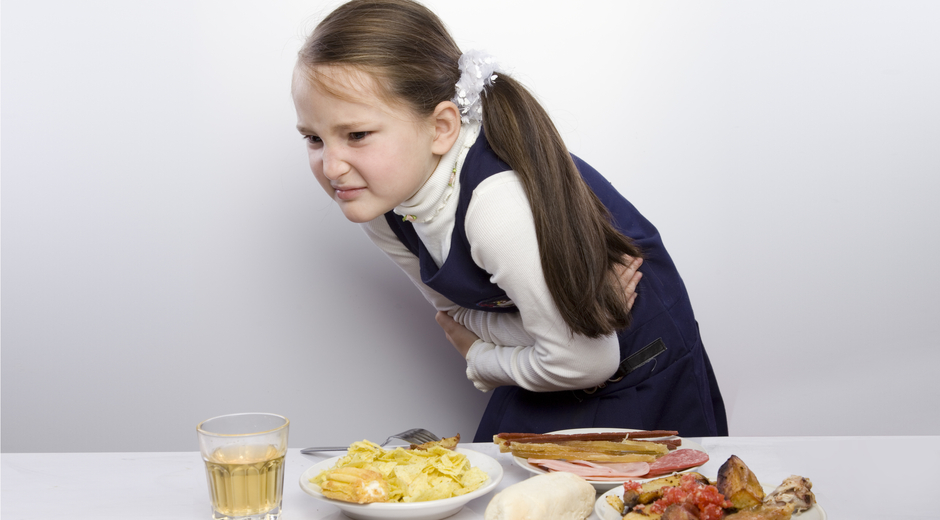Veve Vortex: Exploring the Latest Trends
Stay updated with the latest in news, tech, and lifestyle.
Surviving Your Dinner Date with Food Poisoning
Don’t let food poisoning ruin your dinner date! Discover essential tips to survive and thrive after a culinary catastrophe.
Top 5 Signs You Might Have Food Poisoning During Your Dinner Date
Food poisoning can strike at the most inconvenient times, especially during a dinner date. If you begin to experience unusual symptoms, it's crucial to recognize the signs early on. One of the primary indications is nausea, which can start as a subtle feeling but quickly escalate into a more intense sensation. This may be accompanied by vomiting, a common response as your body attempts to expel the offending substances. You can learn more about the symptoms of food poisoning by visiting CDC's Foodborne Illnesses page.
Another sign to watch for is stomach cramps, which may intensify as the hours pass. If you also experience diarrhea, this is a strong indicator that you might be dealing with food poisoning. Additionally, a fever can occur as your body's immune system responds to the contamination. For a detailed overview of food poisoning and its effects, check out this comprehensive guide from FoodSafety.gov. Staying informed will help you protect your health and enjoy your future dining experiences.

What to Do If You Suspect Food Poisoning: A Step-by-Step Guide
If you suspect that you or someone else is experiencing food poisoning, it's important to act quickly and follow a clear set of steps to ensure safety and health. Start by monitoring symptoms such as nausea, vomiting, diarrhea, and abdominal pain. If symptoms are severe or persist for more than 48 hours, it’s crucial to seek medical assistance. You can contact your healthcare provider or visit resources like the CDC's Food Safety page for guidance on what steps to take next.
In the meantime, ensure that you stay hydrated by drinking clear fluids, and avoid solid food until the vomiting has resolved. If it's safe and possible, make a note of what foods were consumed in the last 24 hours to help medical professionals identify the cause. If you suspect a specific food or establishment is the source, consider reporting the incident to your local health department, which you can find on the Foodsafety.gov website for more information.
How to Differentiate Between Food Poisoning and Other Digestive Issues
When experiencing digestive issues, it can be challenging to determine whether you are suffering from food poisoning or another gastrointestinal ailment. Key symptoms of food poisoning often include nausea, vomiting, diarrhea, and abdominal cramps that manifest within hours of consuming contaminated food or water. In contrast, other digestive disorders, such as irritable bowel syndrome (IBS) or indigestion, typically present with more chronic, episodic symptoms that may not be directly linked to a specific meal. For a clearer understanding of these differences, consider exploring resources like the CDC's food safety site or the Mayo Clinic's guide on food poisoning.
Another factor to consider is the onset and duration of symptoms. Symptoms of food poisoning can come on suddenly and typically resolve within 48 hours, whereas other digestive issues may persist for days or recur frequently. If your symptoms last longer than expected or worsen over time, it's essential to seek medical attention. For further information on digestive issues and their symptoms, visit the WebMD's overview of digestive disorders.